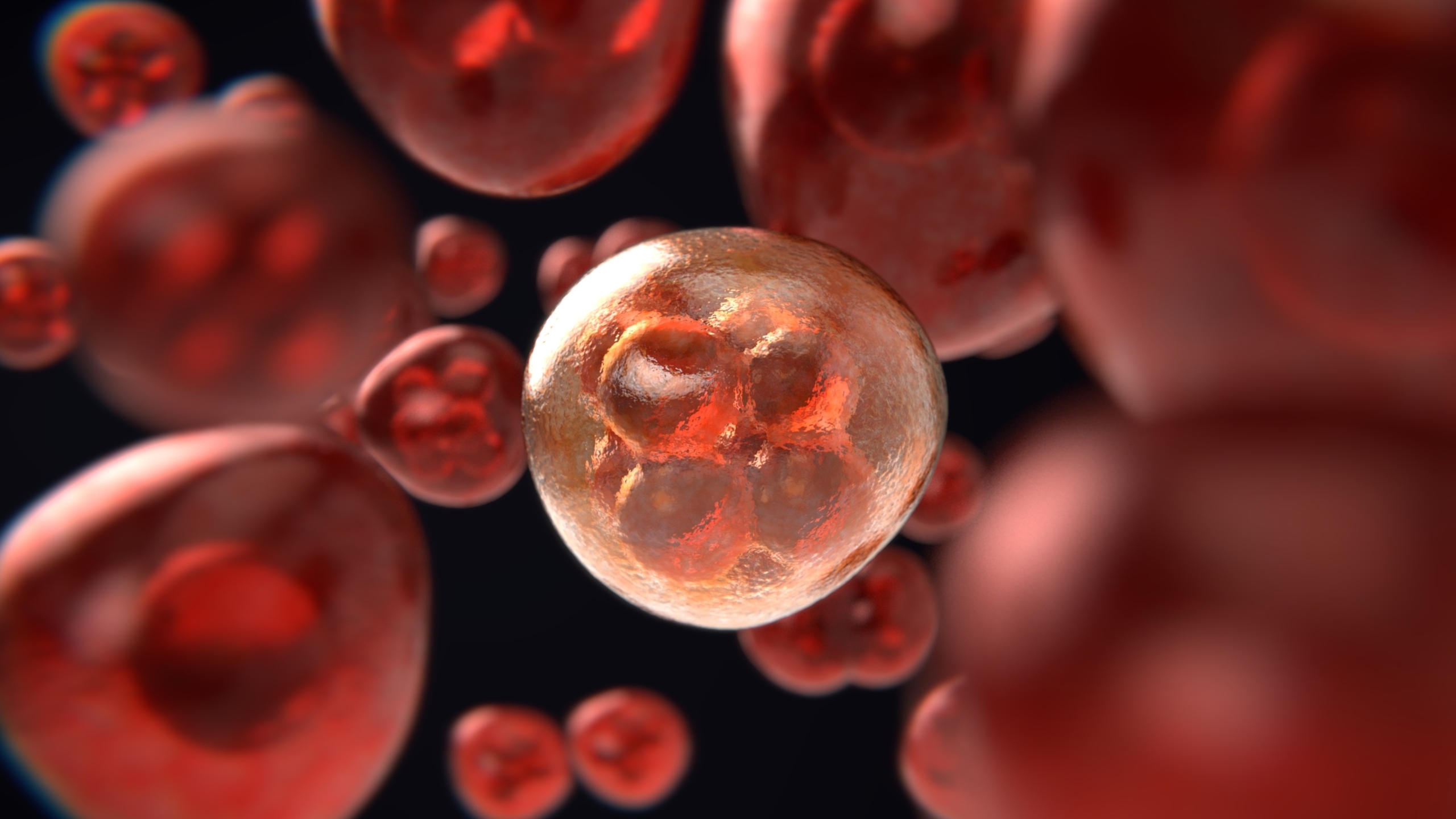Cancer
Cancer, an ominous global threat, continues to exact a heavy toll on human lives. While cancer, trauma, and infection may seem distinct entities, a deeper examination reveals surprising commonalities in their underlying pathophysiology. Understanding these shared mechanisms has unveiled an urgent need for synergistic research, as it holds the key to unraveling the mysteries of cancer and devising novel therapeutic strategies.
Interplay of inflammatory mediators, immune cells, and signaling molecules
Remarkably, these seemingly disparate conditions converge upon shared pathways within the intricate web of cellular signaling and immune responses. The intricate interplay of inflammatory mediators, immune cells, and cellular signaling molecules becomes a common terrain where cancer, trauma, and infection find common ground. This remarkable overlap necessitates collaborative efforts among scientists, clinicians, and researchers worldwide to decipher the intricate connections and develop targeted interventions.
Cascade of molecular events
At their core, cancer, trauma, and infection disrupt the delicate balance of cellular homeostasis. In the case of trauma, the physical assault on tissues triggers a cascade of molecular events, inciting inflammation and cellular damage akin to a battlefield. Infections, on the other hand, often harness the body’s own cellular machinery for their propagation, wreaking havoc on vital biological processes. Similarly, cancer emerges as cells undergo genetic alterations, allowing uncontrolled proliferation, invasion, and evasion of immune surveillance.
Research Groups
Contact
Prof. Dr. rer. med.
Alexander Kleger
- Director Institute of Molecular Oncology and Stem Cell Biology (IMOS)
- Head of the Interdisciplinary Pancreatology Section (SIP), Clinic for Internal Medicine I at Ulm University Hospital
- Heisenberg Professor of Molecular Oncology
- Head of Core Facility Organoids

Research:
» Institute of Molecular Oncology and Stem Cell Biology (IMOS) at Ulm University Hospital

